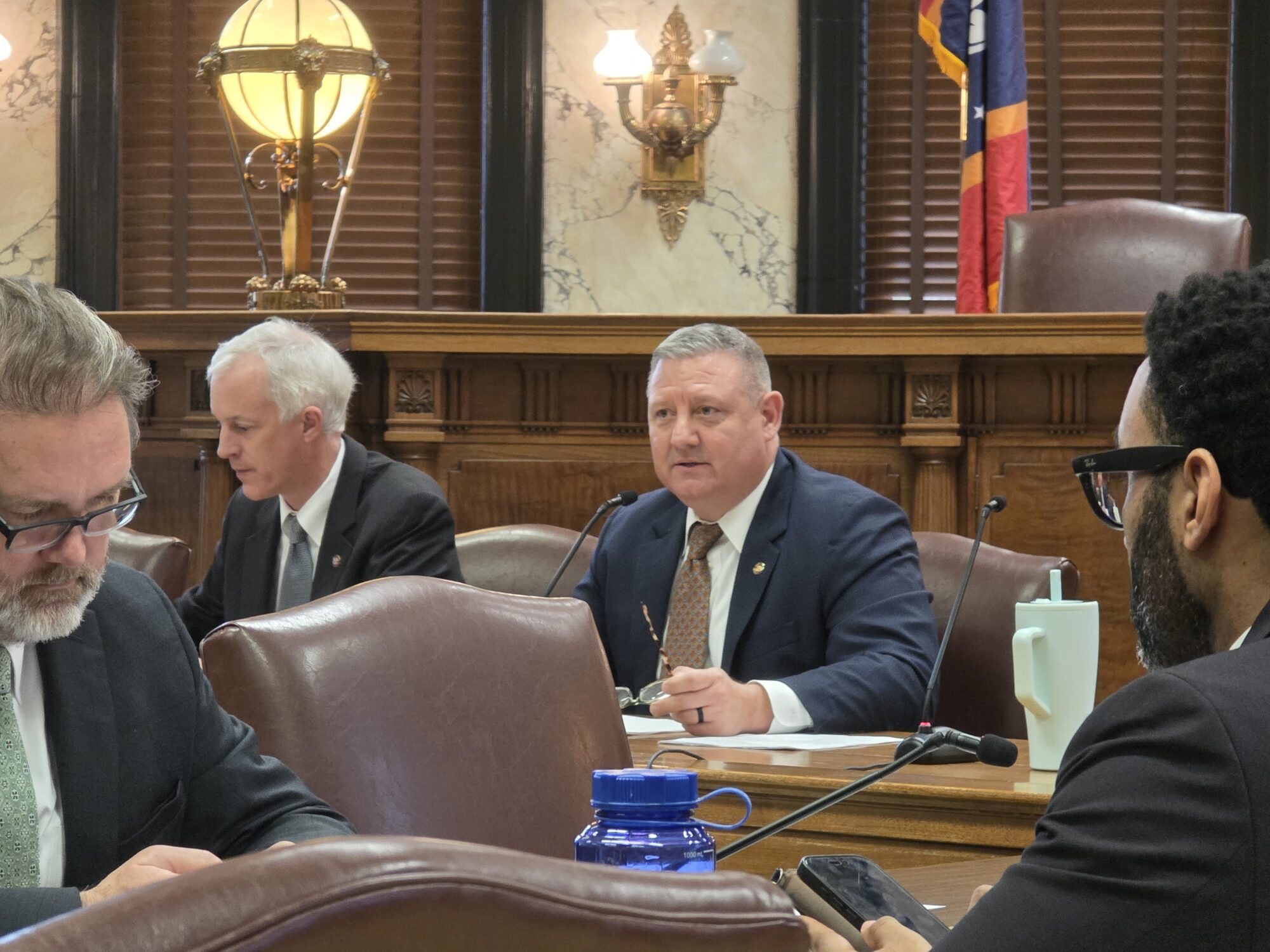
Absentee voting begins September 21 in the lead up to the November General Election.
If you are unable to make it to the ballot box on November 3rd because of work demands, your age, a temporary relocation like attending university, service in the U.S. Armed Forces, previous health issues or current health concerns due to COVID-19, you may be eligible to vote by absentee ballot.
In person, the clerk will confirm you are a registered voter in that county by checking the Statewide Elections Management System, verifying your address and looking at a photo ID. You will also be asked your reason for wanting to vote absentee.
If you are cleared, the Clerk will then offer you an Official Application for Absentee Elector’s Ballot. Once this form is completed and submitted to the Clerk, you will be given an official absentee ballot and envelope.
While many are able to vote absentee under these reasons, some believe that especially in the time of a pandemic, the option should be extended to all.
Mississippi was involved in a lawsuit over the way in which absentee ballots are handled. The American Civil Liberties Union, ACLU of Mississippi and the Mississippi Center for Justice filed a suit in early August in an attempt to make the absentee process more accessible during the COVID-19 pandemic.
The group argued that other states allow any voter to case an absentee ballot, however Mississippi has a list of required reasons before it is allowed. Currently one of the allowances is a “temporary or permanent physical disability.”
The Mississippi Legislature amended the law in 2020 to allow it to include any voter who is under a doctor-imposed quarantine due to COVID-19, or someone who is caring for a dependent who is under a physician ordered quarantine.
The suit sought a ruling from the court to allow all voters who are following public health guidelines to avoid the spread of the coronavirus to be able to use the “temporary physical disability” reason to vote absentee.
A Hinds County judge ruled that voters with pre-existing conditions could vote absentee. However, on Friday, the Mississippi Supreme Court reversed the absentee voting decision handed down by Hinds County Chancery Judge Denise Owens on September 2. Secretary of State Michael Watson had appealed the Hinds County ruling, and a majority of Justices ruled Friday that the initial ruling was too broad in its interpretation.
“We find that the chancery court’s order erred to the extent it declared that Section 25-15-713(d) ‘permits any voter with pre-existing conditions that cause COVID-19 to present a greater risk of severe illness or death to vote by absentee ballot during the COVID-19 pandemic,’” the Justices write, adding, “Having a preexisting condition that puts a voter at a higher risk does not automatically create a temporary disability for absentee-voting purposes.”
The Justices went on to rule that had the Legislature intended to allow a voter to vote absentee based on a physician’s recommendation, it would have provided so accordingly with plain language.
The plaintiffs are still hoping that the Legislature will go back into session and take further action to protect those voting during the pandemic.
In order to vote absentee, check with your local Circuit or Municipal Clerk to confirm that you are able to utilize this voting option. If you plan to vote absentee in person, you will need to visit their office. Otherwise, you can contact them by phone to determine if you are eligible for a mail-in ballot.
In person absentee voting opens October 24 with your local County Circuit Clerk’s office. The deadline for in person absentee voting is October 31st at 5:00 p.m.
If you are able to mail in your ballot, it must be postmarked on or before November 3, and can be received by the clerk no later than November 10 to be counted.











